Spending time in ultra-Orthodox Jewish neighborhoods is like stepping into a world where tradition and community take center stage. It’s fascinating and deeply rooted in faith, but it also comes with its own set of rules. These rules are a reflection of the strict adherence to religious laws and values that shape everyday life. Some of the activities prohibited in these communities might seem surprising to outsiders, but understanding them offers a glimpse into their culture.
Here are 23 common activities that are either discouraged or outright prohibited in many ultra-Orthodox Jewish neighborhoods. Whether you’re planning to visit or are just curious, these insights shed light on a way of life designed to preserve holiness and community.
Wearing Immodest Clothing
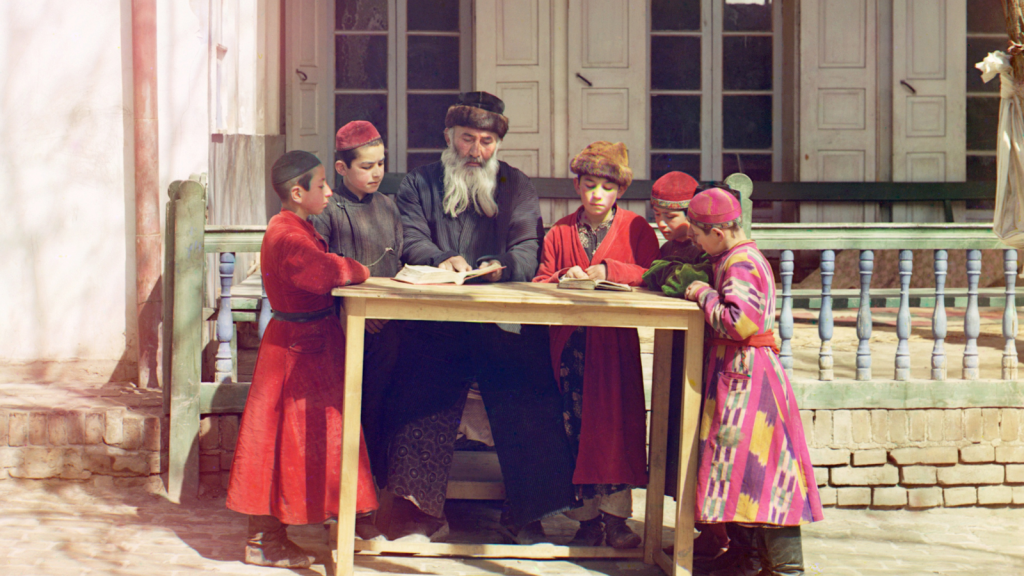
Dress codes in ultra-Orthodox Jewish neighborhoods are strictly enforced. For women, this means modest clothing, such as long skirts, long sleeves, and high necklines. Men, too, are expected to dress modestly, often in traditional attire. Visitors who fail to respect these norms may find themselves asked to cover up or even leave.
Driving on the Sabbath
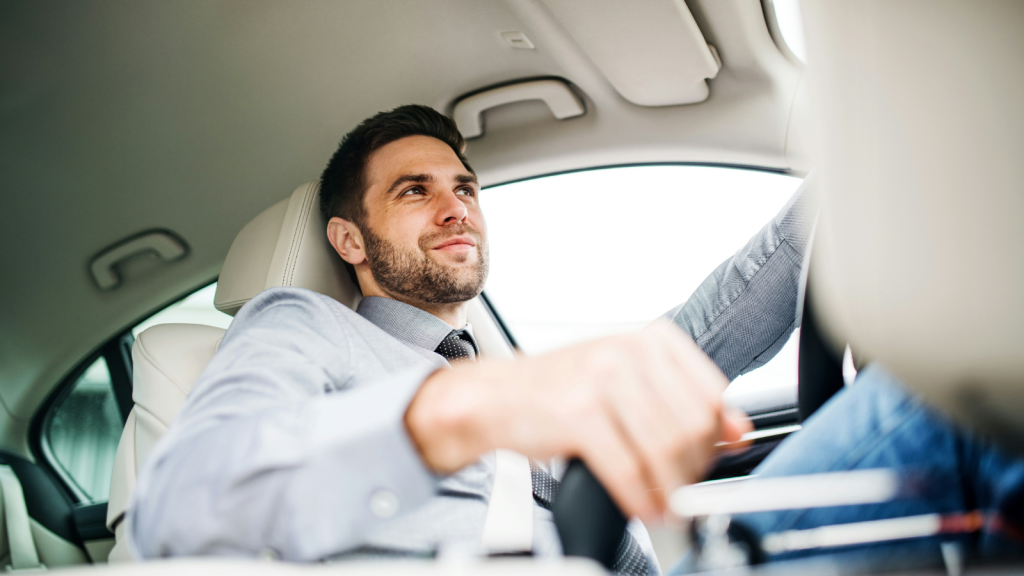
From sundown on Friday to nightfall on Saturday, driving is considered a violation of Shabbat. This is because using electricity and combustion are prohibited forms of work. Streets are noticeably quiet during this time, with residents walking to synagogue or visiting neighbors instead.
Using Smartphones in Public

While smartphones are widely used around the world, many ultra-Orthodox communities discourage their public use. They are often seen as a source of moral danger, exposing users to inappropriate content. In some neighborhoods, kosher phones with restricted functions are the norm.
Public Displays of Affection
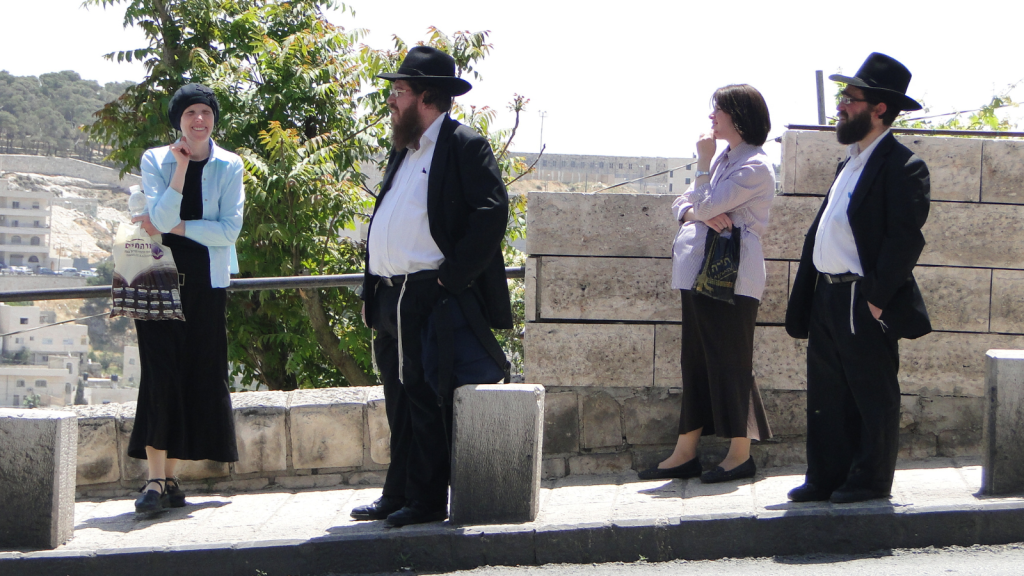
Even something as simple as holding hands is generally frowned upon in these neighborhoods unless it’s between married couples—and even then, not in public. This stems from a focus on modesty and personal boundaries.
Mixed-Gender Seating at Events
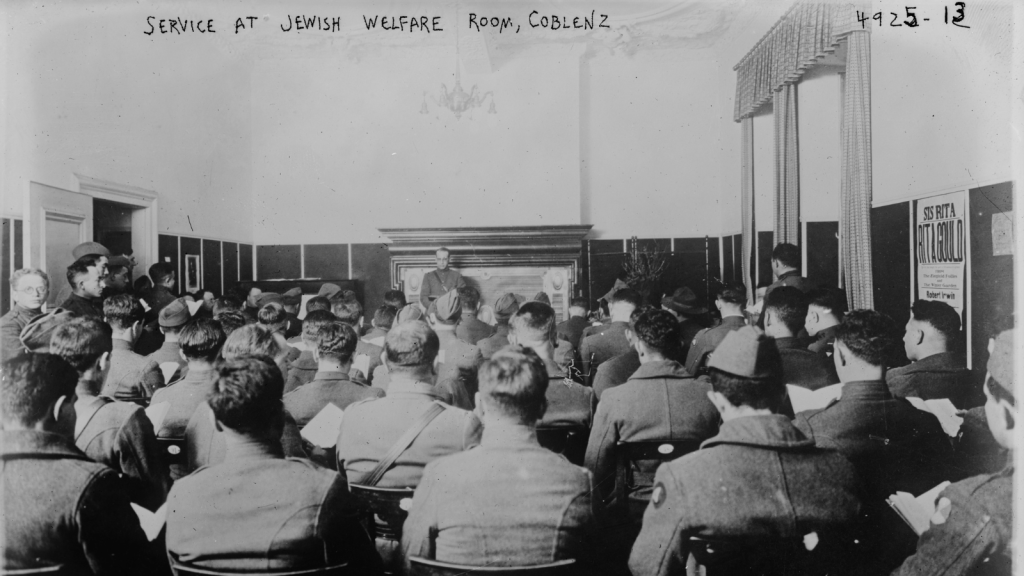
Whether it’s a wedding, a religious service, or a community meeting, seating is typically separated by gender. This practice is meant to minimize distractions and uphold a spiritual atmosphere. Guests are expected to follow these seating arrangements.
Playing Music in Public

Loud music, especially secular tunes, is discouraged in many ultra-Orthodox areas. This is part of an effort to maintain a peaceful and respectful environment. Exceptions may include religious songs or special celebrations like weddings.
Entering Without Proper Attire

Visitors entering synagogues, schools, or even certain streets may need to adhere to specific dress codes. Signs are often posted asking women to cover their shoulders and wear skirts, while men might be asked to don a yarmulke or hat.
Using Technology on the Sabbath

Electricity use is prohibited during Shabbat, meaning no phones, TVs, or other devices. Families spend this time engaging in prayer, study, and rest, creating a day of spiritual renewal.
Posting Secular Advertisements

Billboards or posters advertising movies, pop music, or non-kosher products are rare, if not entirely banned. Public spaces are carefully curated to align with religious values and avoid outside influences.
Shopping in Non-Kosher Stores

Ultra-Orthodox communities often have their own kosher grocery stores and eateries. Shopping in non-kosher stores is usually avoided, as it goes against dietary laws. Even prepackaged foods are scrutinized for proper certification.
Attending Mixed-Gender Swimming Pools

Pools or beaches in ultra-Orthodox areas are strictly gender-segregated. Men and women swim on different days or at different times to maintain modesty. Visitors are expected to follow these rules.
Riding Bicycles on the Sabbath
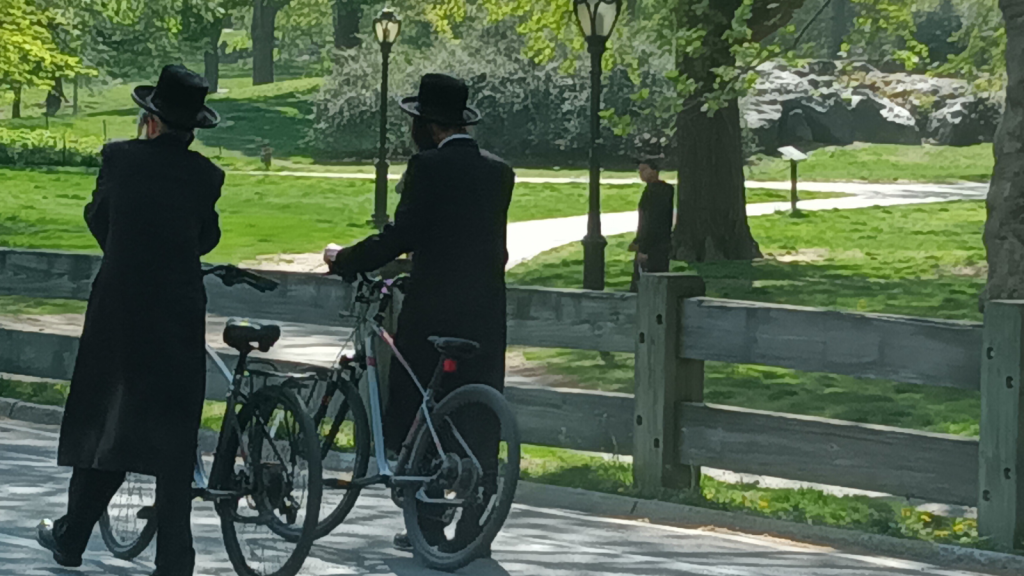
Though walking is encouraged, riding bicycles is generally not allowed on Shabbat. This prohibition stems from rules against carrying objects and performing physical labor during the holy day.
Hosting Loud Celebrations
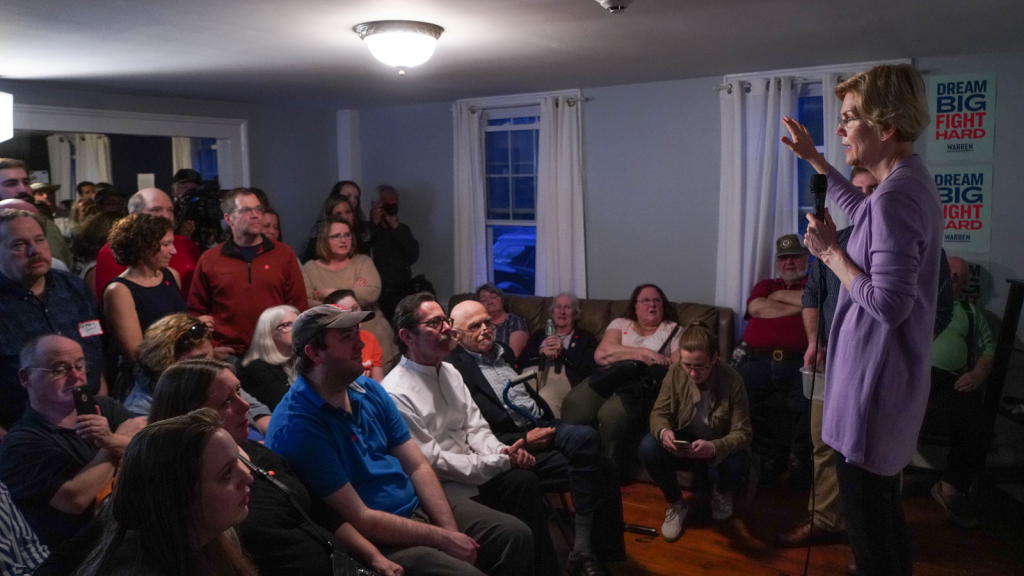
Loud parties or late-night gatherings are rare in these neighborhoods. Noise is kept to a minimum to respect the community’s focus on prayer, study, and family life. Celebrations are often held in designated halls with careful adherence to decorum.
Reading Secular Books Publicly

Secular books, especially those with themes contrary to religious teachings, are discouraged. Publicly reading such material might attract disapproval, as it’s seen as inconsistent with community values.
Using Unfiltered Internet

Internet use is tightly regulated in ultra-Orthodox households. Filters are often installed to block inappropriate content, and unrestricted access is discouraged or forbidden. Internet cafes or public Wi-Fi hotspots are rare in these areas.
Celebrating Non-Jewish Holidays

Participating in holidays like Christmas or Halloween is strictly avoided. Celebrating these holidays is seen as adopting foreign customs, which is discouraged to preserve Jewish identity.
Smoking in Public

While not universally prohibited, smoking is increasingly frowned upon in ultra-Orthodox communities. Health concerns and religious rulings contribute to this shift, with some leaders actively discouraging the habit.
Engaging in Public Debate About Religion

Openly challenging religious teachings or debating community practices is typically unwelcome. Questions about faith are encouraged in appropriate settings, but public criticism is considered disrespectful.
Displaying Artwork With Human Images

Many ultra-Orthodox households and public spaces avoid displaying artwork featuring human figures. This stems from interpretations of religious laws regarding graven images. Instead, decorative items often feature nature or abstract designs.
Playing Sports in Public
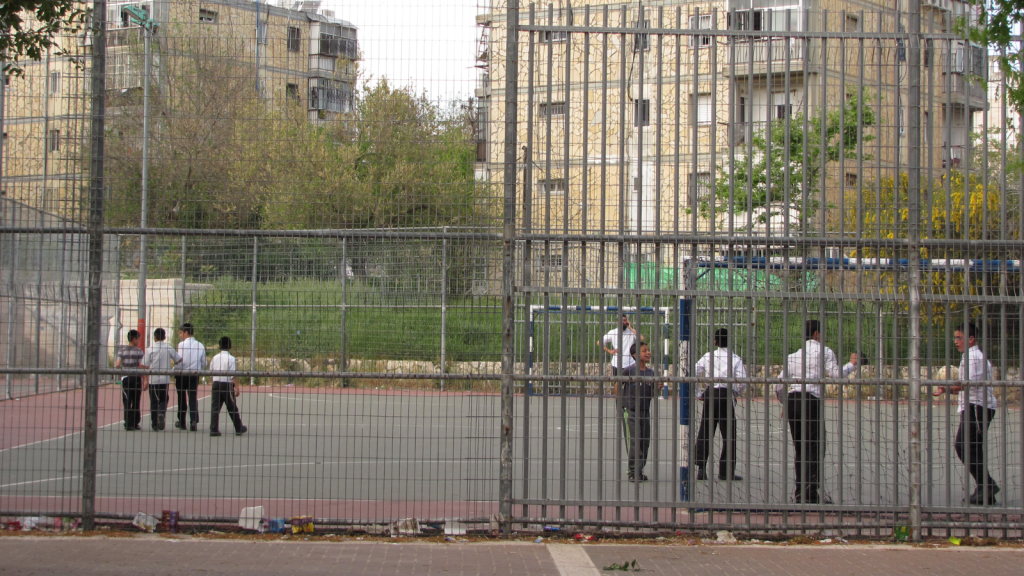
Sports are not a common public activity in ultra-Orthodox neighborhoods. While children may play in private settings, organized games or competitions in public spaces are rare due to modesty concerns.
Holding Non-Kosher Events

Public events, such as fundraisers or festivals, are expected to align with kosher laws. Serving non-kosher food or drinks would alienate much of the community and go against its values.
Using Public Transport on the Sabbath

Public transportation is typically unavailable in ultra-Orthodox neighborhoods during Shabbat. Residents avoid buses, trains, or taxis, relying instead on walking to get around.
Keeping Pets That Are Considered Unclean

While pets like dogs and cats are not outright banned, animals considered ritually unclean, such as certain exotic species, are discouraged. Community norms tend to favor simplicity and focus on religious obligations over pet ownership.
18 Everyday Things Amish Women Aren’t Allowed to Do

The Amish culture is known for its simple way of life and adherence to traditional values. While this lifestyle may seem appealing to some, there are certain restrictions that Amish women face that most modern women do not. Take a look at these things that we take for granted that are off-limits to Amish women.
Read More: 18 Everyday Things Amish Women Aren’t Allowed to Do
Ellen has been obsessed with logic puzzles, jigsaws, and cryptograms since she was a kid. After learning she was taught how to play chess wrong by a family friend (so they could win), she joined her school chess club and the rest is history.


